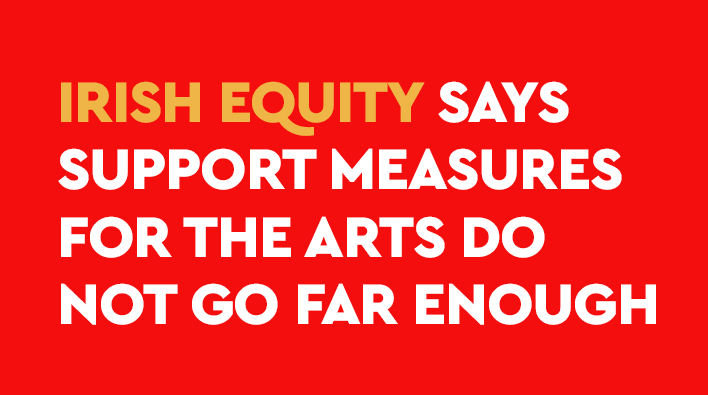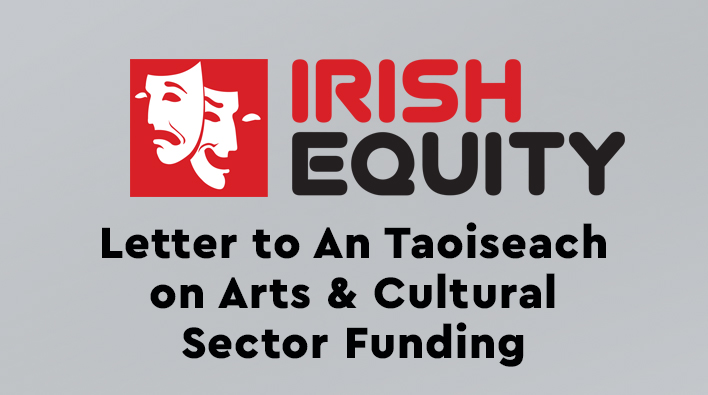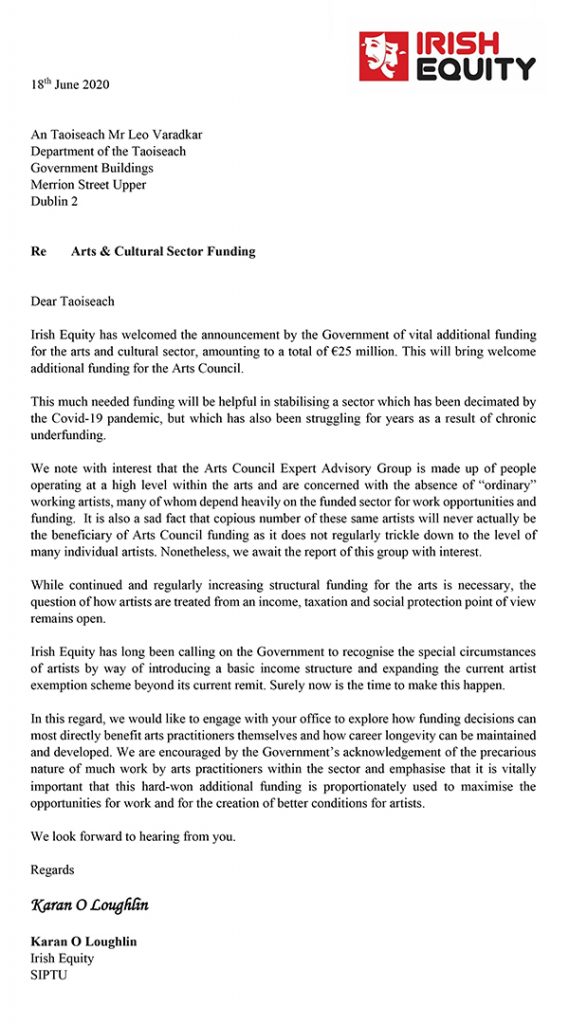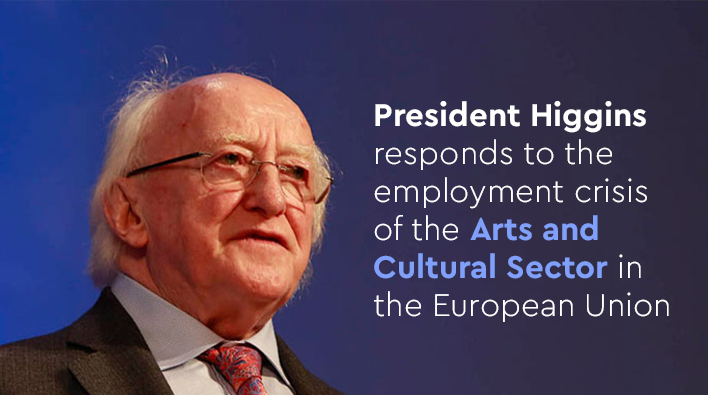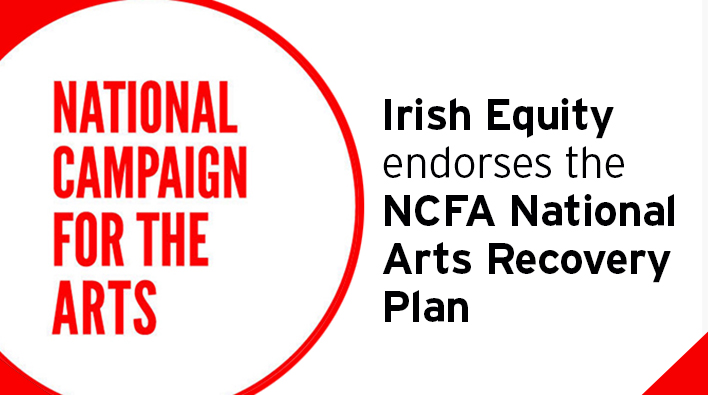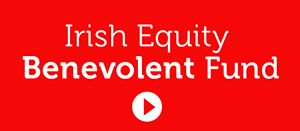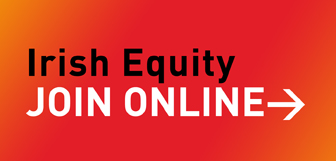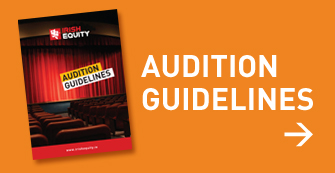Irish Equity has today (Monday, 22nd June) called on the Government to put artists and arts workers first in planning for the recovery.
Irish Equity Organiser, Karan O’Loughlin said: “We have seen movement from the Government over the last week in increasing the funding for the Arts and now we also have the report of the COVID-19 Expert Advisory Group.
“While all of these initiatives are welcome, neither goes far enough to create the structural change and support needed for individual artists and arts workers. Funding the arts is not the same thing as funding artists and these issues should not be confused. Working in the live performance sector in Ireland is precarious, is characterised with insecure freelance work, low pay, long hours and has no measures in respect of industry pensions.
“What we need is a structure to support artists and arts workers in making a decent living while remaining within their chosen profession. This can be done by creating special measures such as a basic income scheme for artists, dedicated social protection measures for employed as well as self- employed freelance workers and taxation measures for professional artists that are fit for purpose. The measures announced to date deliver none of the above. Until the precarious existence of actors and arts workers is recognised the Arts, and in turn the artists and arts workers who bring so much joy, colour and creativity to our lives, will remain the poor relation in the economy.”
